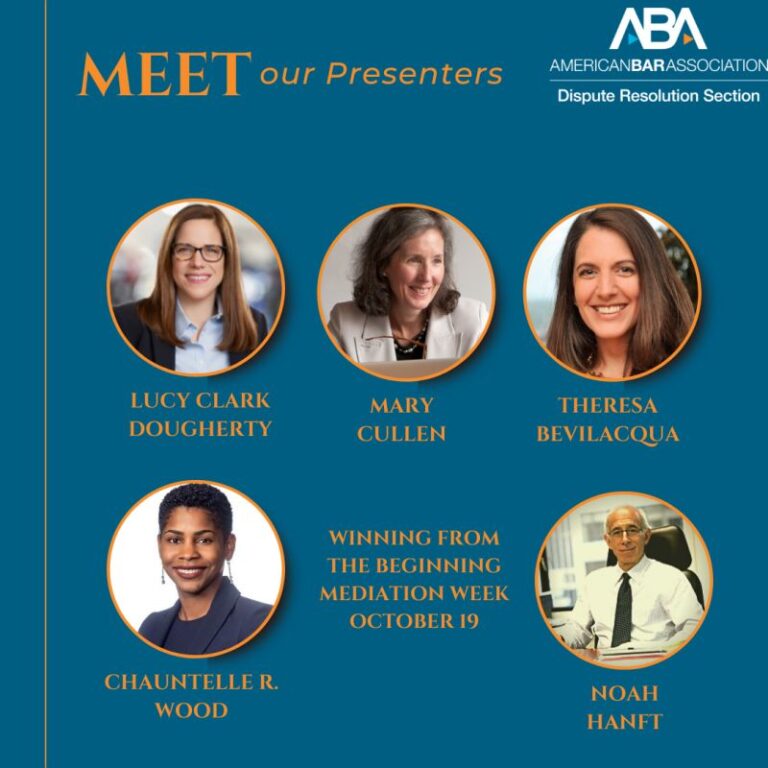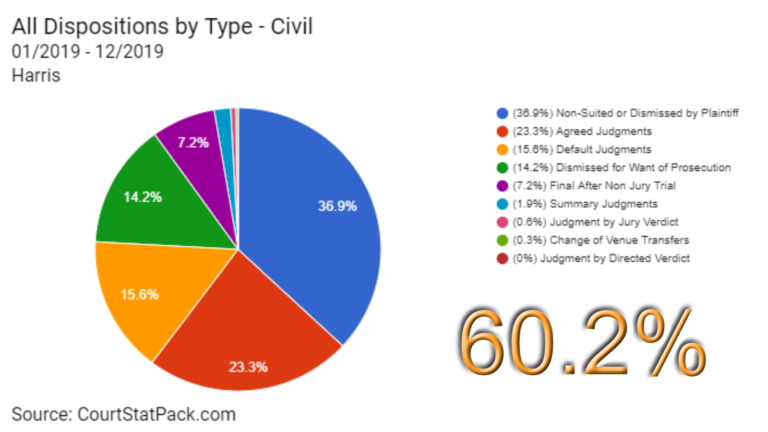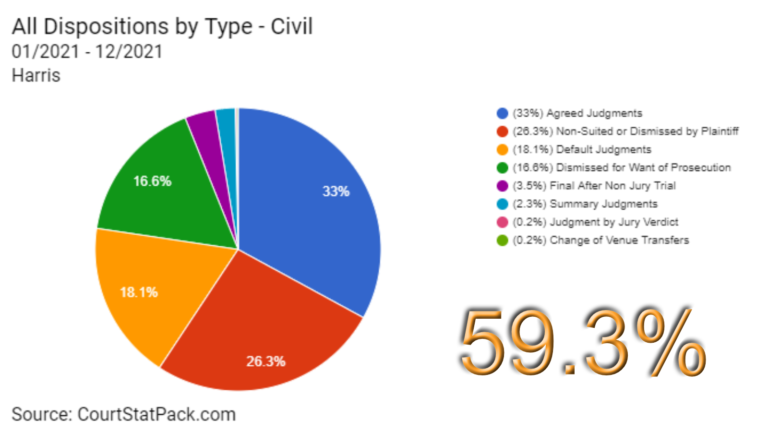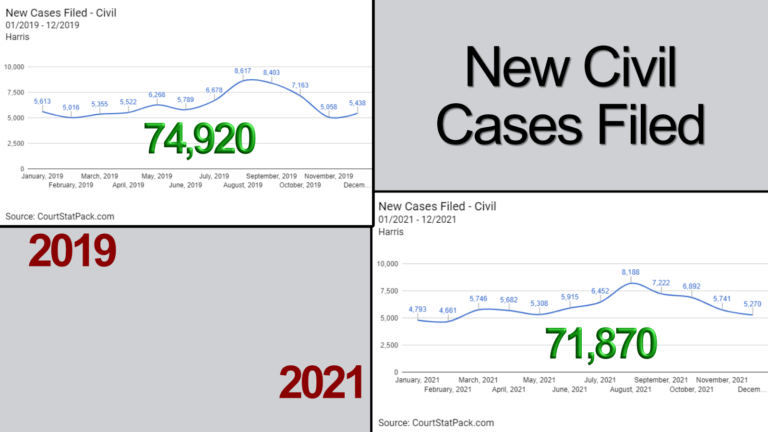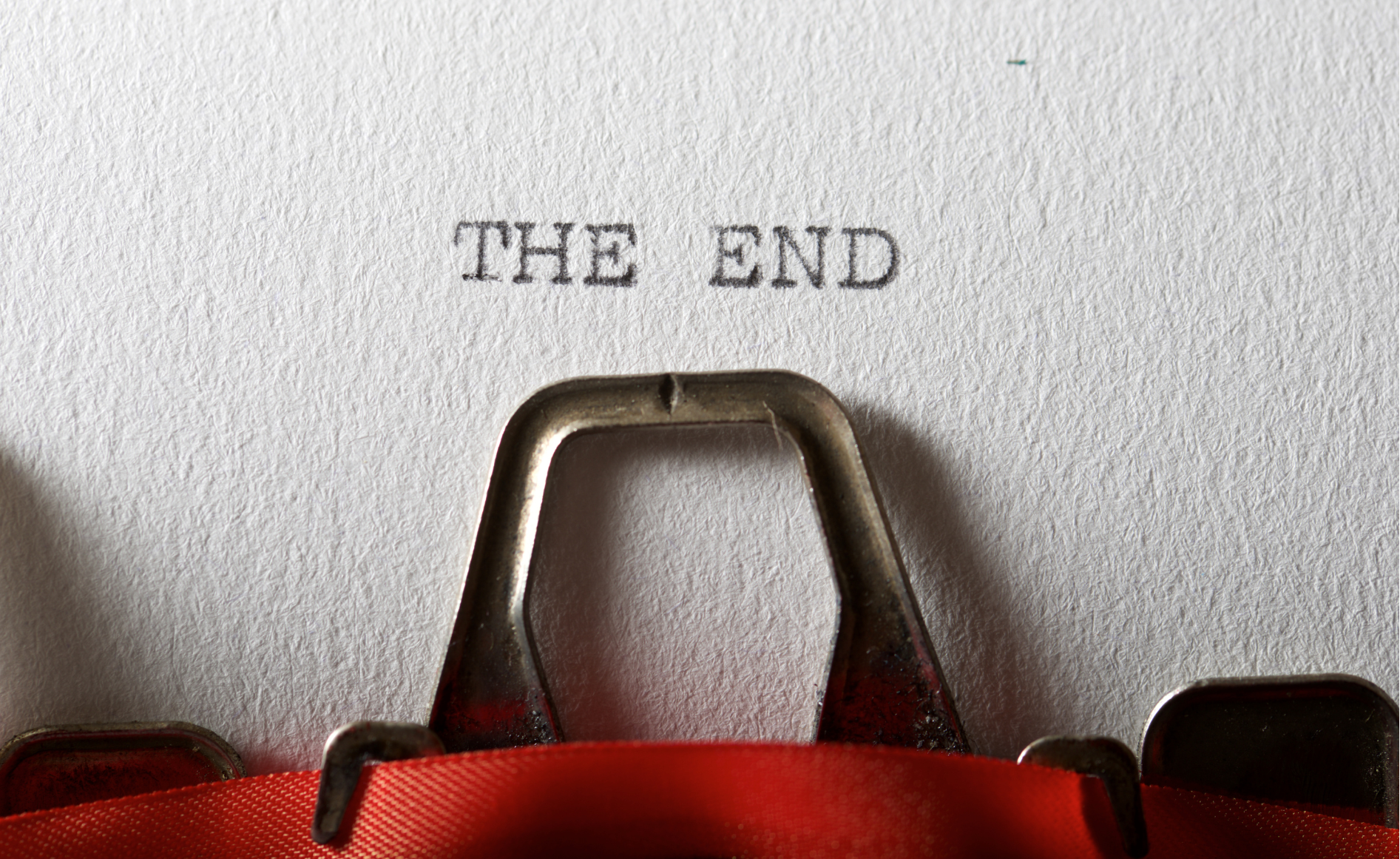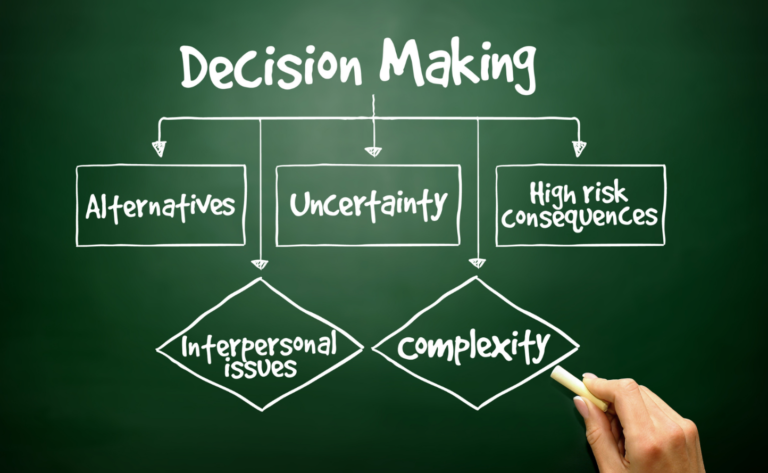Party Control in Mediation: Tips & Best Practices for Clients
Mediation is uniquely different from any other aspect of a litigated or arbitrated dispute in that the parties determine how it will end. In other words, they are in control. They decide whether to settle and on what terms. They can be as creative as they want to be, subject only to what they reasonably consider valuable to resolution. They decide what the mediator may or may not disclose during the negotiation and who the mediator will be.
Contrast this level of control against what happens at trial, and a clearer view of why this benefit matters emerges. At trial, the decision-maker — either judge or jury — is a stranger to the conflict and to the parties’ business or personal affairs. A trial outcome is binary – there will be a winner and a loser. Decisions about what information the jury hears and sees, and upon which its verdict will render, are not made by the parties, but rather by the judge. Who the judge is, is determined through a process that is not controlled by the parties. After the trial is over, there is always the possibility one party will ask another set of strangers — appellate judges – to determine the parties’ future.
The Importance of Control
Whether a party values control or thinks the other side will, the importance of control in the mediation process cannot be understated. Along with confidentiality and creativity, control ranks high as one of the reasons why most people find resolution through a mediated negotiation.
Numerous books have been written discussing how control factors in human decision-making and inter-personal relationships. Books like William Glasser’s Control Theory: A New Explanation of How We Control Our Lives, Patricia Evans’ Controlling People: How to Recognize, Understand, and Deal with People Who Try to Control You and Robert Cialdini’s Influence: The Psychology of Persuasion have been around a while, and are just a few that explore and highlight how the feeling of control influence’s behavior. In his recent release, Catalyst: How to Change Anyone’s Mind, occupational behaviorist and Wharton School professor Jonah Berger discusses how the need for freedom and autonomy affects behavior. He says that, because people want to feel in control of their personal lives, pushing, telling, or encouraging someone to do something often makes it less likely that they will comply.
When people feel like they are in control, they are generally happier, healthier, and more willing to follow through on whatever it is that is expected of them. For a plaintiff wanting the other side to pay money or to do something (or not to do something) in the future, there can be tremendous value and peace of mind in not having to return to the courthouse to seek court assistance to force the other side to perform as commanded by a court’s judgment. For a defendant, knowing that the terms on which the conflict was resolved were consented to makes following through on the agreement more palatable, even if it still hurts a little.
So, in a word, having, keeping, and feeling in control during the dispute resolution process is powerful in that it not only promotes resolution, it also fosters follow through – real finality.

Preparing for Mediation
So, what can the parties do to prepare themselves for the mediation session. The following are a few considerations and best practices:
- Timing for mediation. It is rarely too early to consider mediation. Early in the life-cycle of a conflict or lawsuit is a good time to talk with counsel and/or the other side about the possibility of mediation. Often the crux of disagreement stems from a lack of communication or the wrong kind of communication. Involving a mediator can open and improve lines of communication, to help the parties understand each other’s point of view, and guide discussions down a path that bridges the differences.
- Understand the risks of litigation. Ask counsel to prepare and send a written objective case evaluation (“OCE”). An OCE should outline the known and unknown facts in the case, discuss the legal standards and requirements that will guide a court’s decision, review the strengths and weaknesses of both sides of the conflict, and offer an opinion of the likelihood of success as balanced against the inherent uncertainty of a trial or dispositive motion filing.
- Prepare yourself and talk with counsel. Before the mediation, schedule a time to talk with counsel about the mediator and the mediation process. Ask questions about the OCE and the materials s/he has delivered (or will deliver) to the mediator in advance of the mediation. Start the process of brainstorming what kind of offers you may be willing to make (or to accept) and the reasons why (e.g., the risks or costs of not settling versus the certainty of settling).
- Get to know the mediator. Most counsel will schedule a time to talk with the mediator before the mediation. If you want to meet the mediator in advance, ask to schedule a telephone call, Zoom conference, or in-person meeting. Start building a rapport with the mediator before the mediation, so that you arrive at the mediation with an understanding of who s/he is, prepare yourself mentally for the session, and are ready to help the mediator help you.
- Know your BATNA and what it costs in time, money, and distractions. Request a budget from counsel for the costs of continued litigation. Do what can be done to identify and evaluate the value of trade-offs between the present value of a certain proposal versus the uncertainty and costs associated with the trial process. This kind of information can be useful in evaluating offers and measuring how a prospective settlement measures against the effort, risks, and potential “win” at trial weighs against the associated investment needed to achieve that goal.
- Try to understand the other side’s perspective, even if you disagree with it. Spend some time thinking about the dispute from the other side’s perspective. Do not focus only on positions, the facts, or the law. In this exercise, also try to imagine their human situation. Ask yourself, what unspoken factors may be driving their decision-making. What can you do to positively influence their response to your offers and open their minds to resolution.
- Be prepared to help the mediator help you. Arrive at the mediation on time and bring with you the materials you need to help you make decisions throughout the day (e.g., key questions, depositions, documents, and the OCE, budget, etc.).
- Participate in good faith. Have an open mind. Most people are able to successfully resolve disputes at mediation — even disputes that they never thought could be settled outside of the courthouse.
No two mediations are ever the same, but with proper preparation and the right frame of mind, even a mediation in which settlement is not reached can meaningfully set the stage for resolution in the future. Once lines of communication are open, it is easier to keep them open. And most mediators will welcome the chance to keep the conversation going if the parties are so inclined.
Felicia Harris Hoss
is an attorney-mediator, arbitrator, and early dispute resolution (EDR) neutral, with almost 25 years of legal experience. Through the years, Felicia has helped parties resolve civil and commercial disputes both inside and outside of the courtroom in a wide range of industries involving a broad spectrum of claims. Felicia is available to assist parties and their counsel through online, hybrid, and in-person mediations and arbitrations (ad hoc and administered).




